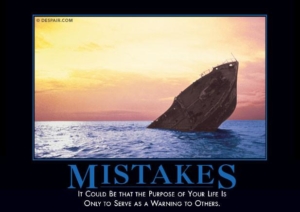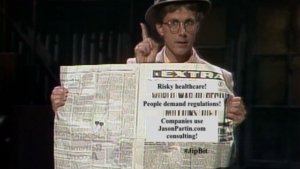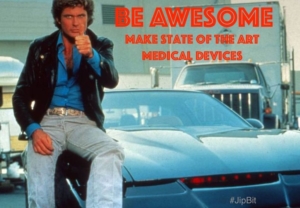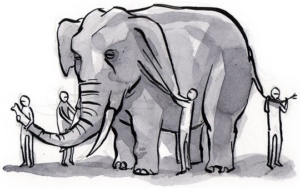Risk Management: learn from my mistakes
I describe that product in another article. This article helps you learn from my mistakes.

I describe that product in another article. This article helps you learn from my mistakes.

This article explains Risk / Benefit analysis and Risk Control methods using performances of Harry “The Hat” Anderson, a comedian, actor, and magician famous for visual humor.

The new European Union Medical Device Regulation will protect patient safety by requiring healthcare companies to make products that are “state of the art,” a term that’s easily misunderstood. This law is best explained with an example from cars, comparing today’s state of the art with to the 1980’s television series Knight Rider, where David Hasselhoff fought crime in a talking, self-driving car.
In the 1980’s, the rock-band Van Halen caused $85,000 damage to their dressing room after finding brown M&M’s in their bowl of “munchies” before a concert. The facts behind that story can help medical-device companies become more efficient and pass any FDA or ISO Quality-System audit. This article shows you how, with the lead singer of Van Halen, David Lee Roth, as your guide.

In 1986 the space shuttle Challenger exploded, killing the crew and a high-school teacher that had trained with the astronauts. In this article, I travel back in time to reanalyze the Space Shuttle program using modern methods for Risk Management.

